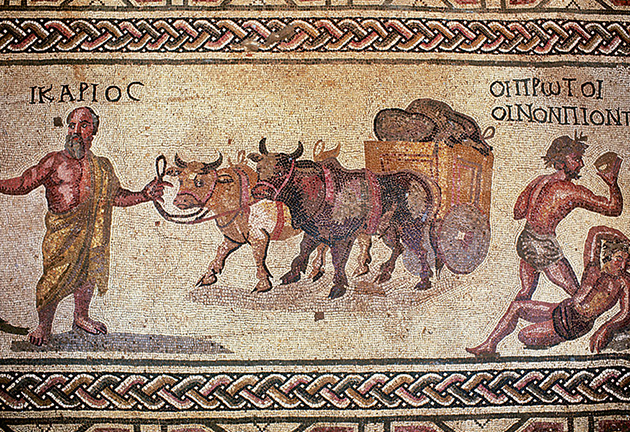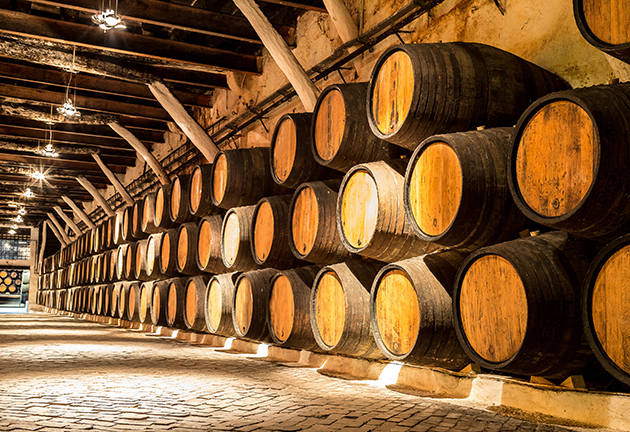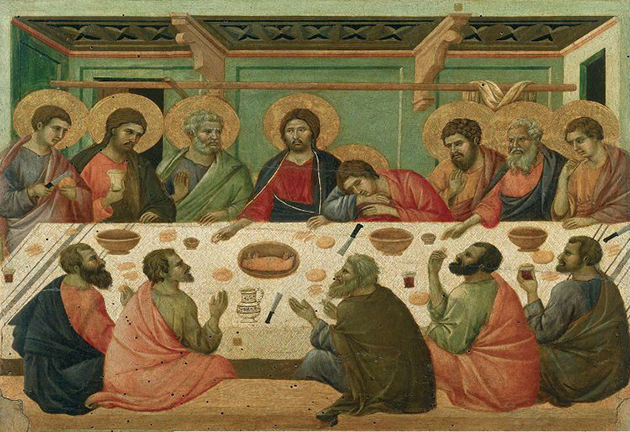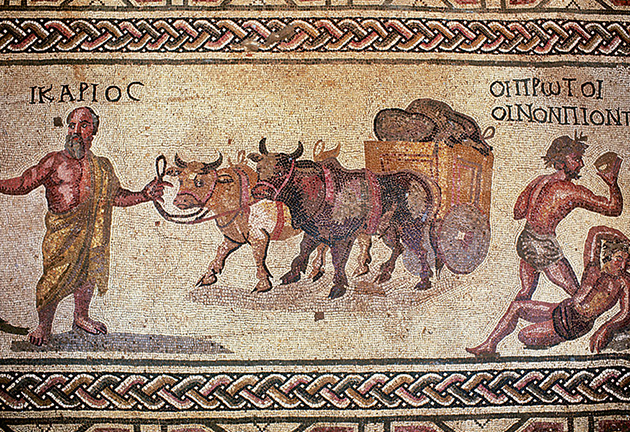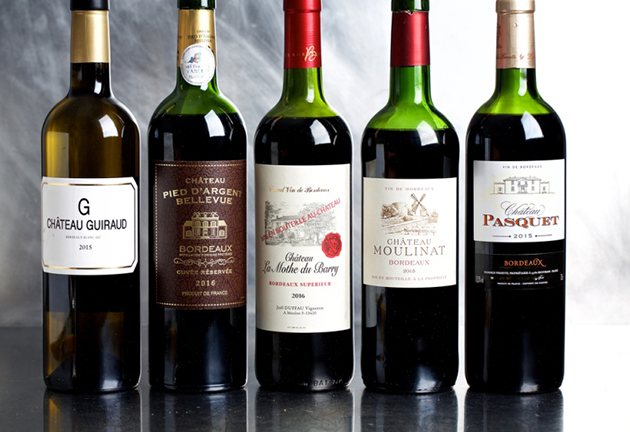No products in the cart.
Furniture Blog
History & Tradition of Wine
Leaving Behind Barbarism
Wine culture in Europe before the Romans: In ancient Greece, the wine was praised by poets, historians and artists, and is often mentioned in the works of Aesop and Homer. However, in Greece, wine is considered privileged by the elite. Dionysus, the god of Greek wine, not only shows the power of drunkenness but also expresses its social and beneficial effects. He is seen as a promoter of civilization, a legislator and a lover of peace – as well as the patron of agriculture and theater. Indeed, quoted from ancient Greek historian Thucydides, “Mediterranean people began to emerge from barbarism as soon as they learned to plant olives and vines.”
Wine Celebrating Moderation
Alcohol has grown as a part of life, culture and diet since ancient times. Wine production emerged in Europe with the extension of the Roman empire across the Mediterranean, as many of the larger wine regions still exist today. Even then, winemaking is a precarious livestock career that has promoted the development of different grape varieties and farming techniques. Bins for storage and shipping emerged, bottles were used for the first time, and even a rudimentary naming system was developed as some areas have gained a reputation for good wines. As the production of wine became subtle, its popularity increased, and pubs became a common feature in cities across the Empire.
Artistic Growth Vitiviniculture On Europe
For centuries, the art of making wine spread to France, Spain, Germany and part of England. By that time, wine was considered an important part of the daily diet and people began to favor stronger, heavier wines. Europe’s appreciation of wine went through the dark ages. In part because drinking water is not reliable, alcohol is a good alternative to accompany meals. At the same time, the cultivation of grapes and the cultivation of grapes is enhanced by the breeding of Church monasteries throughout the continent, which has led to some of the best vineyards in Europe. Benedictine monks, for example, have become one of the largest winemakers in Europe with vineyards in the Champagne, Burgundy and Bordeaux region of France, as well as in the Rheingau and Franconia regions of Germany. Merchants and noble classes have wine with each meal and maintain a well-stocked cellar.
In the 16th century, wine became a more sophisticated alternative to beer, and as wine products began to diversify, consumers began to appreciate the concept of their drinking habits. People began to discuss virtues and wines with greater desire than they had in the past. Mr. Elizabeth celebrated Shakespeare’s remarks that “good wine is a good familiar if it is used well,” implicitly commented on alcohol abuse at this time. The Shakespearian era saw the availability of fresh water in London, a breakthrough that helped the wine industry enter a new era.
Golden Wine Rose
Improved production techniques in the 17th and 18th centuries led to the emergence of better quality of wines, glass bottles with cork began to be used, and spirals were invented. The French wine industry has taken off at this time, with special recognition being given to the Bordeaux regions of the Low Countries, Germany, Ireland and Scandinavia. Bordeaux wine trade for coffee and other sought-after items from the New World, helping to consolidate the role of wine in emerging world trade.
While the 19th century was considered the golden age of wine for many regions, it was not without tragedy. Around 1863 many French vine crops suffered from a disease caused by phylloxera, which drained water from the roots. When it was discovered that vines in the United States were resistant to Phylloxera, it was decided to grow American vines in the affected areas of France. This makes hybrid grapes produce more wines.
Wine Day Today
In the past 150 years, the production of wine has been completely revolutionized as an art and science. With accessibility to the refrigerator, it has become easy for wineries to control the temperature of fermentation and produce high-quality wines in hot climates. The introduction of the harvesters has allowed winemakers to increase their vineyard size and make them more efficient and effective. Although the wine industry faces the challenge of meeting the needs of a larger market than ever before without sacrificing the personal characteristics of wine, the technology helps ensure the supply of quality wine. consistency.
The appreciation of modern wine honors the art of making timeless wines and demonstrates the importance of wine in history and the diversity of European culture.

